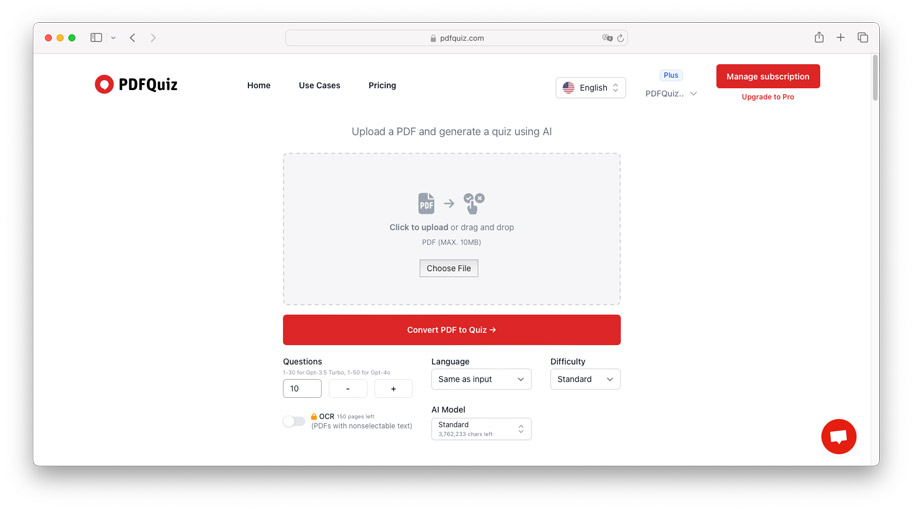Effortless navigation through the complicated web of SEO demands understanding the power of keyword rankings. Utilizing a reliable keyword rank tracker, which accurately tracks your search term standings, is an elemental strategy for assessing and finetuning your SEO plan. With insights on where keywords rank in the SERPs, you are better positioned to make data-driven decisions that resonate with user queries and preferences, significantly lifting your site’s visibility and performance. Let us dive deeper into the intricacies of keyword rankings and how they forge the pathways to SEO victories.
Key Takeaways:
- Keywords act as the connective tissue linking searcher intent to web content, underpinning the success of SEO.
- Understanding user intent and aligning your content to fit search queries is pivotal for improving keyword rankings.
- Learning from common errors in keyword optimization can save businesses from potential ranking pitfalls.
Introduction to SEO and Keyword Significance
The labyrinth of SEO is navigable only through a profound comprehension of keywords. They are not merely terms or phrases but represent the essence of user intent. For savvy digital marketers, keywords operate as indicators, aligning content with queries and commanding search engine algorithms to favor their web pages. However, merely understanding keyword significance is the tip of the iceberg. Delving into the nuanced domain of keyword strategy — balancing the allure of high-traffic short-tail keywords with the niche attraction of long-tail keywords — narrows the chasm between mere online existence and prominent online prevalence.
Analyzing Keyword Ranking: Foundations to Advanced Techniques
While kicking off with keyword ranking is straightforward, monitoring through a keyword rank tracker becomes complex. Elevating from basic tracking, advanced analysis entails market trend assessments, competitor keyword usage, and deciphering the directional flow of organic search. This intricate dissection provides the insights necessary to wisely allocate efforts toward the most promising keywords.
Exploring the Relationship Between Content Quality and Keyword Rankings
Content quality is an unassailable pillar in the realm of keyword rankings. It’s a delicate craft that requires weaving relevant keywords into valuable, authoritative, and engaging content. High-caliber content magnetizes quality traffic, and beckons search engine algorithms to rank it higher. Mastery of this craft involves a blend of creativity and strategic placement of keywords to meet the high standards set by search engines.
User Intent and its Influence on Keyword Ranking
Keywords are multifaceted – they embody the query and the searcher’s underlying intent. SEO strategists must unravel this intent, differentiating whether a query is informational, navigational, or transactional and aligning the content and keyword strategy accordingly. Aligning your keywords with the spectrum of user intent translates into content that precisely meets user expectations, boosting engagement and ultimately elevating keyword rankings in SERPs.
The Intersection of Technical SEO and Keyword Rankings
As the architect would say, a strong foundation is essential for longevity; likewise, technical SEO must be rock-solid for keywords to ascend in rankings. A technically optimized site with a logical structure, responsive design, and swift load times empowers search engines to crawl and index content easily, leading to better keyword recognition and higher rankings. Thus, mastering technical SEO is a non-negotiable for those vying for the upper echelons of search results.
The Role of Backlinks in Keyword Ranking and SEO Health
Backlinks can be likened to the currency of the web – a site’s wealth is measured by the quality and quantity of its backlinks. These endorsements from site to site validate the quality of content and reinforce keyword authority—however, not merely the abundance of backlinks but their pedigree counts. Relevancy and variance of anchor text contribute to the fortification of a backlink profile, underpinning the SEO health and supporting the standing of keywords within search results.









